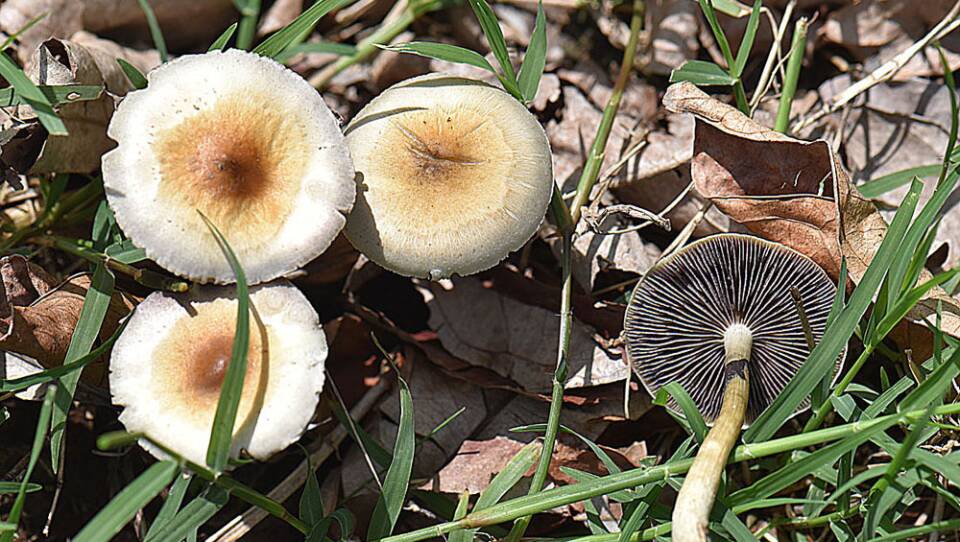Massachusetts may become one of the next states in the nation to decriminalize the use of some hallucinogens like mushrooms and mescaline.
Last week, state lawmakers in the House and the Senate filed similar bills to make it lawful for adults to grow, ingest and give away certain psychedelic plants and fungi.
Sen. Patricia Jehlen, a Democrat from Somerville, told GBH News that she filed the legislation because she heard from people in her district who say the use of psilocybin, or “magic mushrooms,” in particular, helped them deal with depression and other psychological issues.
At the same time, she says she’s heard from police who say the laws are rarely enforced, and therefore, users may be unnecessarily worrying about arrest.
“People who are already experiencing anxiety and depression, it would be better if they weren’t in fear of something that is unlikely to happen,’’ she said. “It’s not being enforced, as far as I can tell, and I think it shouldn’t be enforced.”
The legislation comes at a time of growing interest in policy-making around the use of psychedelics across the country. City councils in Somerville, Cambridge, Northampton and Easthampton all have passed decriminalization measures, according to a group called Bay Staters for Natural Medicine. Two states — Oregon and Colorado — have decriminalized the drugs, with Oregon becoming the first to take such a step in 2020.
Mason Marks, a fellow and project lead of the Harvard Project on Psychedelics Law and Regulation at the Petrie-Flom Center at Harvard Law School, says the movement stems from a growing belief that criminal penalties associated with substance abuse haven’t been successful. He says legislation like that filed in Massachusetts would help pull users “out of the shadows” and allow them to communicate more freely. Multiple studies have found benefits for using such plants to treat various mental illnesses.
“It’s remarkable how many bills have been announced in the past month,’’ Marks told GBH News.
Even if Massachusetts passed legislation, the use of psychedelics is still illegal under federal law. Jehlen emphasizes that the current legislation is not meant to create a commercial market, and that her bill would only allow people to share the plants “without financial gain.”
“This is different from legalization,’’ Jehlen said. “This is allowing personal use up to two grams. I think that’s probably enough for most people to use all the mushrooms they want to in their life.”
James Davis, the chief local organizer for the Bay Staters for Natural Medicine, agreed. He says it’s unlikely the plants could become a commercial cash crop because they already are cheap to buy, easy to grow and most people don’t use that much. He’s still thrilled to see legislation in the State House.
“We’re very excited and see it as the next step to educating people about these plant medicines because they’re using them, they’re not going away, they’ve been part of popular culture for many decades,’’ he said. “Our goal at Bay Staters for Natural Medicine is to make sure people have a safe and joyous experience.”








